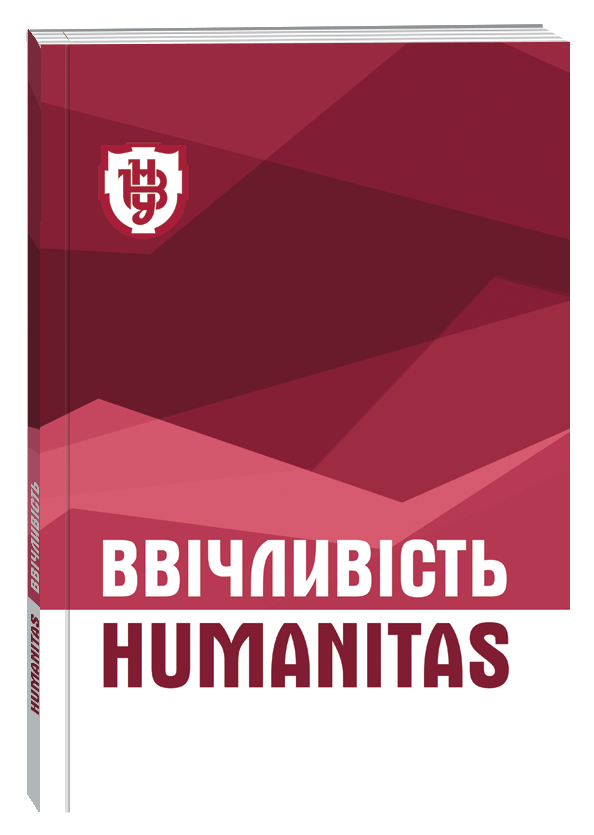THEORETICAL AND PRACTICAL ASPECT OF ORGANIZATIONAL AND PEDAGOGICAL CONDITIONS OF NON-FORMAL EDUCATION FOR SUBJECTS OF SOCIAL AND PEDAGOGICAL SUPPORT FOR CHILDREN WITH AUTISM
DOI:
https://doi.org/10.32782/humanitas/2025.4.6Keywords:
non-formal education, organizational and pedagogical conditions, children with autism, subjects of social and pedagogical support, inclusive environmentAbstract
The article examines the theoretical and practical aspects of organizational and pedagogical conditions for nonformal education of subjects providing social and pedagogical support to children with autism. The importance of nonformal education is substantiated as a flexible mechanism for professional development of teachers, social workers, parents, and other specialists working with children with autism. Non-formal education promotes the formation of professional and personal competencies, creates conditions for experience exchange and implementation of innovative methodologies, which is crucial for effective integration of children into society. The study identifies and analyzes in detail three main organizational and pedagogical conditions necessary for effective non-formal education of subjects of social and pedagogical support. The first condition involves increasing accessibility and optimizing multi-format educational resources, such as trainings, seminars, online courses, conferences, etc. The second condition concerns stimulating professional motivation and the desire for learning through active engagement in non-formal education. The third condition entails enriching educational and methodological support and implementing innovative forms and methods of teaching, particularly through the use of modern information and communication technologies. It is emphasized that the implementation of these conditions will contribute to creating a favorable environment for the training of specialists, developing their knowledge, skills, and personal qualities, which will directly impact the quality of social and pedagogical support for children with autism. The article also outlines prospects for further research, particularly the need for a comparative analysis of the effectiveness of online, offline, and hybrid forms of non-formal education.
References
Гладун Т.О. Розвиток соціальної компетентності дітей молодшого шкільного віку з аутизмом в умовах інклюзивної світи : дис. … канд. пед. наук : 13.00.05 – соціальна педагогіка / Тетяна Олександрівна Гладун ; наук. кер. Сергій Якович Харченко. Старобільськ, 2020. 272 с. С. 126.
Литвин А., Мацейко О. Методологічні засади поняття «Педагогічні умови». Педагогіка і психологія професійної освіти. 2013. № 4. С. 43–63. С. 47.
Гермак О. Л. Комплексний підхід до визначення суті поняття «педагогічні умови використання електронних освітніх ресурсів у професійній підготовці майбутніх електромонтерів». Науковий вісник. 2016. URL: https://lib.iitta.gov.ua/id/eprint/709851/1/стаття%20Гермак%20О.Л.%20пед%20умови.pdf (дата звернення: 28.08.2025).
Ситник О.І., Омельченко А.В. Організаційно-педагогічні умови підготовки професійної діяльності педагога з раннього навчання іноземної мови у закладі дошкільної освіти. Interaction of society and science: problems and prospects (Vol. 3) : матеріали ІІІ міжнар. наук. конф., 05–08 жовтня 2021, Лондон. Лондон : International Science group, 2021. С. 318–323. С. 463.
Купіна О. Організаційні форми неформальної освіти здобувачів вищої освіти в Україні. Освіта. Інноватика. Практика. 2023. Т. 11, № 7. С. 43–51. DOI: 10.31110/2616-650X-vol11i7-006. С. 48–49.








